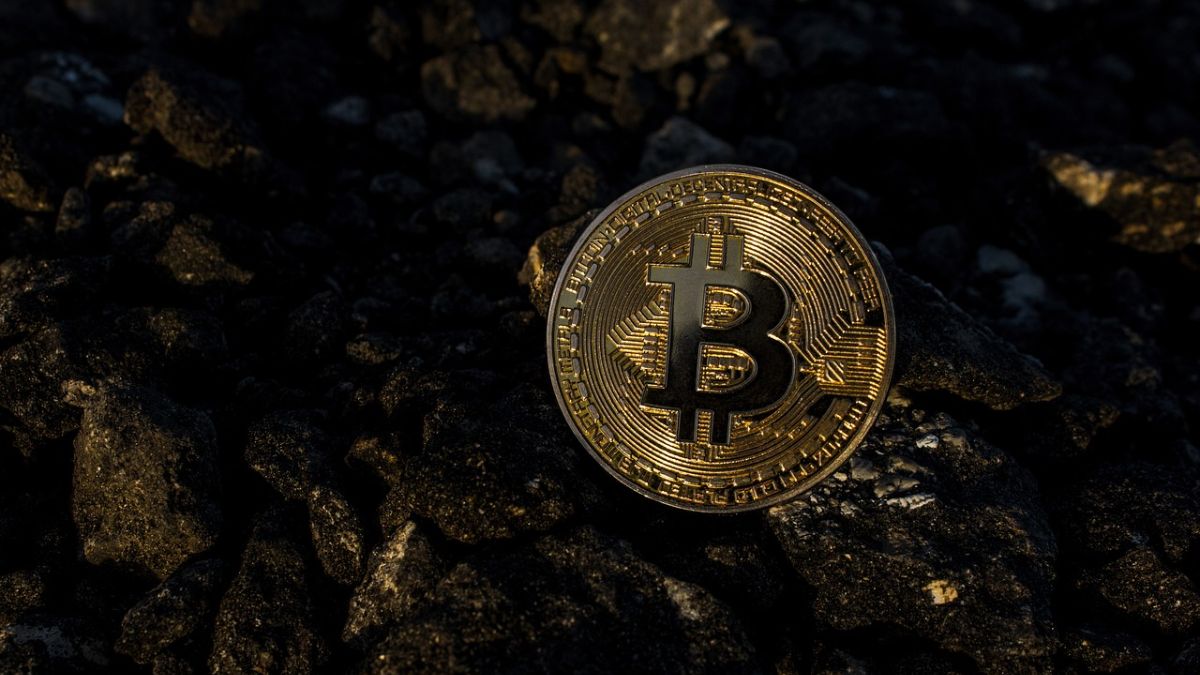
Singapore is cementing its position as a leading global crypto hub, outpacing rival Hong Kong in 2024. With strategic initiatives and supportive policies, Singapore has attracted top crypto operators, while Hong Kong faces challenges in regulatory flexibility and market enthusiasm.
Table of Contents
ToggleKey Highlights
- Licensing Advancements
- Singapore issued 13 crypto licenses in 2024, including approvals for major players like OKX, Upbit, Anchorage, BitGo, and GSR.
- This marked a significant increase compared to the previous year, signaling accelerated growth.
- In contrast, Hong Kong has granted licenses to only seven platforms, with four approved in December 2024 under restrictive conditions.
- Comparative Regulatory Landscape
- Singapore’s licensing framework is lauded for fostering collaboration between new entrants and established institutions, enabling innovation and inclusivity.
- Hong Kong’s regulations are stricter, limiting trading to highly liquid cryptocurrencies like Bitcoin and Ether, restricting altcoin trading.
- Angela Ang from TRM Labs noted that Hong Kong’s stringent custody and token policies may have deterred operators.
- China’s Shadow on Hong Kong
- While Hong Kong operates under a unique administrative regime, its proximity to China, where crypto trading is banned, presents additional risk considerations for businesses.
- Institutional Projects and Tokenization Efforts
- Singapore has made strides in institutional adoption with initiatives like Project Guardian and Global Layer 1, backed by the Monetary Authority of Singapore.
- Hong Kong showcased the HK$6 billion digital green bond sale using tokenization but struggles to match Singapore’s pace in fostering broad-based industry engagement.
- Exchange-Traded Products (ETPs)
- Hong Kong launched spot-Bitcoin and Ether ETFs in April 2024 but failed to generate significant traction, amassing only $500 million compared to the $120 billion held by U.S. equivalents.
Market Sentiment and Industry Perception
- Roger Li, co-founder of One Satoshi, highlighted the challenges of profitability under Hong Kong’s high compliance standards.
- David Rogers, regional CEO at B2C2 Ltd., emphasized Singapore’s “risk-adjusted” environment as a safer choice for long-term crypto operations.
Expert Views
- According to Ben Charoenwong, INSEAD finance professor, Singapore’s inclusive framework encourages innovation, while Hong Kong’s focus on established institutions limits new entrants’ opportunities.
Conclusion
Singapore’s progressive regulatory environment, licensing speed, and focus on innovation position it as a frontrunner in the crypto hub race. While Hong Kong has made notable advancements, its restrictive policies and weaker market enthusiasm have limited its competitive edge. As the digital asset industry evolves, Singapore’s approach offers a blueprint for fostering sustainable growth and innovation in the crypto ecosystem.
Click here to know more.

